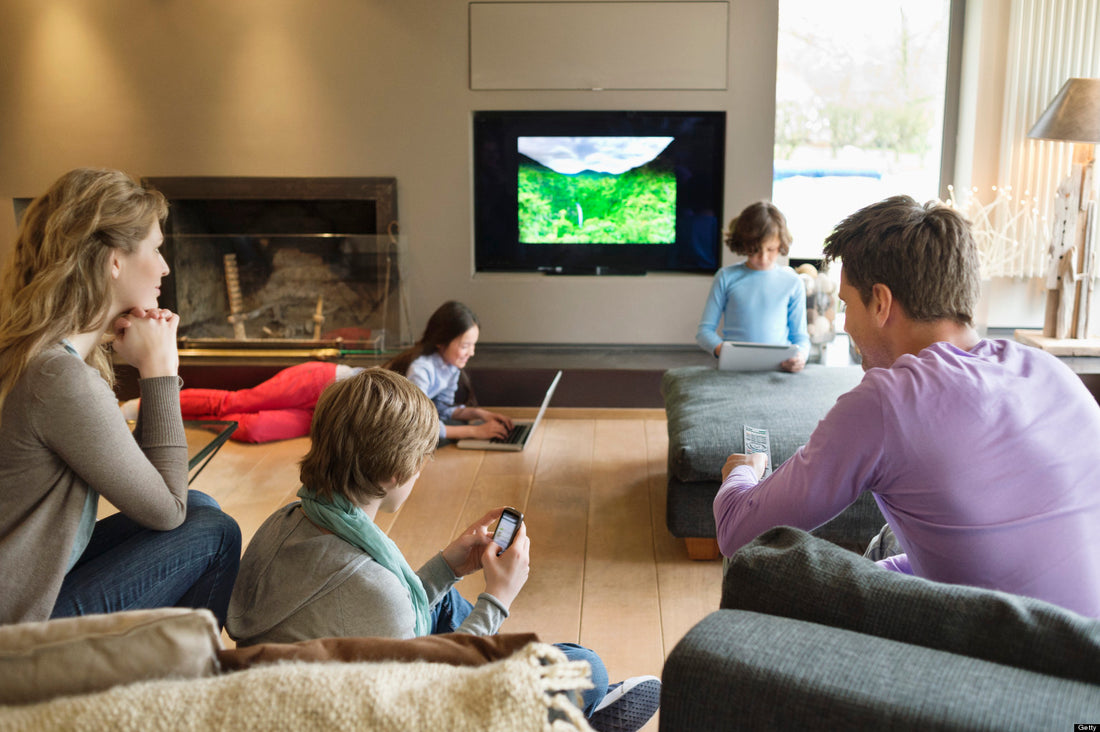
Screen time: Your DNA's Influence on Digital Dependence
BioCertica Content TeamExplore how your genes may impact your predisposition to your screen time, and gain insights into the fascinating science behind your digital lifestyle choices.
Screens, from our phones to the TV, dominate our world, weaving technology into our daily lives. While environmental factors influence our digital habits, researchers have identified certain genes that contribute to the time we spend in front of a tv or computer.
Too much screen time
Too much screen time isn’t only applicable to children, but to adults too. Adults should also be aware of how much time they spend behind their phones, computers or in front of the TV. This is especially true with today's work primarily being done on our laptops and phones. Therefore, we should be aware of our free time spent watching series, movies, and social media.
There are multiple reasons why too much time in front of a screen may be harmful, such as:
- Physical health issues
- Sleep disturbances
- Eye strain and vision problems
- Cognitive and attention issues
- Social and emotional difficulties
- Decreased physical activity and outdoor time
- Negative impact on academic or work performance
- Addiction and dependence
Your genetic influence
People with a genetic predisposition to be more likely to spend more time in front of the screen should be more aware of how they spend their time. In a working environment where you primarily work on a computer, it can be very beneficial to know your predisposition and as such, adjust your working schedule to take breaks. Also, to be on the lookout for signs that you may need to decrease it.
Risk of too much screen time
Too much TV and cellphone scrolling is linked with higher rates of depression, anxiety, and obesity. Unlike for children, there are no specific time limits or recommendations for adults. You will have to use your own discretion. The negative effects mentioned in this article can help you evaluate where you stand.
Find the balance
There are many habits that you can implement to find a healthy balance of screen time, such as:
- Set goals and limits
- Create a schedule
- Use a tracking apps
- Establish screen-free periods
- Set device-free zones
- Find alternative activities
- Practice mindful screen use
- Seek social interaction offline
- Remove screen distraction
- Lead by example
To find out if you are genetically predisposed to spending more time on the screen, visit our website to find out more about the Mindfulness package and what other beneficial traits to increase your self-awareness we can unlock for you at BioCertica.
References:



